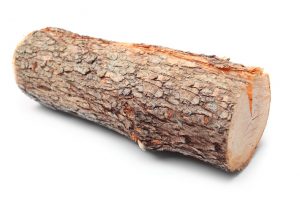 Hard stools can be unpleasant to pass and may occur occasionally or for some, chronically.
Hard stools can be unpleasant to pass and may occur occasionally or for some, chronically.
When we eat food, the nutrients are absorbed in the small intestine, which releases liquid and fiber into the large intestine. In the large intestine, then, the stool is formed. As the newly formed stool moves along the large intestine, liquid is drawn out. If stool is present in the large intestine and colon for too long, then additional liquid can be drawn out, making the stool dry and hard.
Advertisement
Many people associate hard stools with constipation, but you can have hard stools without constipation, too. Constipation is characterized as passing less than three bowel movements a week, so it’s possible to have hard stools every day.
Hard stool home remedies
If hard stools are plaguing you, try some of the home remedies below to improve your bowel movements and prevent hard stools.
Eat high-fiber diet: Eating fiber regularly helps bulk up your stools and soften them up. Adequate fiber intake is 20 to 35 mg a day. High fiber foods include bread, cereal, grains, vegetables, legumes, fruits, and nuts.
Exercise regularly: Physical activity can stimulate bowel movements.
Hydrate: Being well hydrated can keep your stools soft.
Don’t hold in your bowel movements: Holding in bowel movements can cause the stool to become dryer and harder.
Give yourself a massage: Massaging the abdomen by compressing, stretching, and manipulating the skin can help relax the bowels and get things moving.
Try acupuncture: This traditional Chinese medicine technique may help stimulate the colon and relieve pain related to constipation.
Avoid fatty foods: Foods high in fat can promote hard stools and slow down the bowels.
Advertisement
Drink water with Epsom salt: Drinking a combination of water and Epsom salt can help relieve constipation. This is not intended to be used for long term. Adding in some lemon juice can ease the foul taste.
Take oil: Olive oil and flaxseed oil have been found to be natural laxatives.
With some of these natural home remedies, you can have better relief from hard stools and even constipation. If hard stools and constipation are chronic, speak to your doctor, as there may be an underlying condition such as an obstruction.

